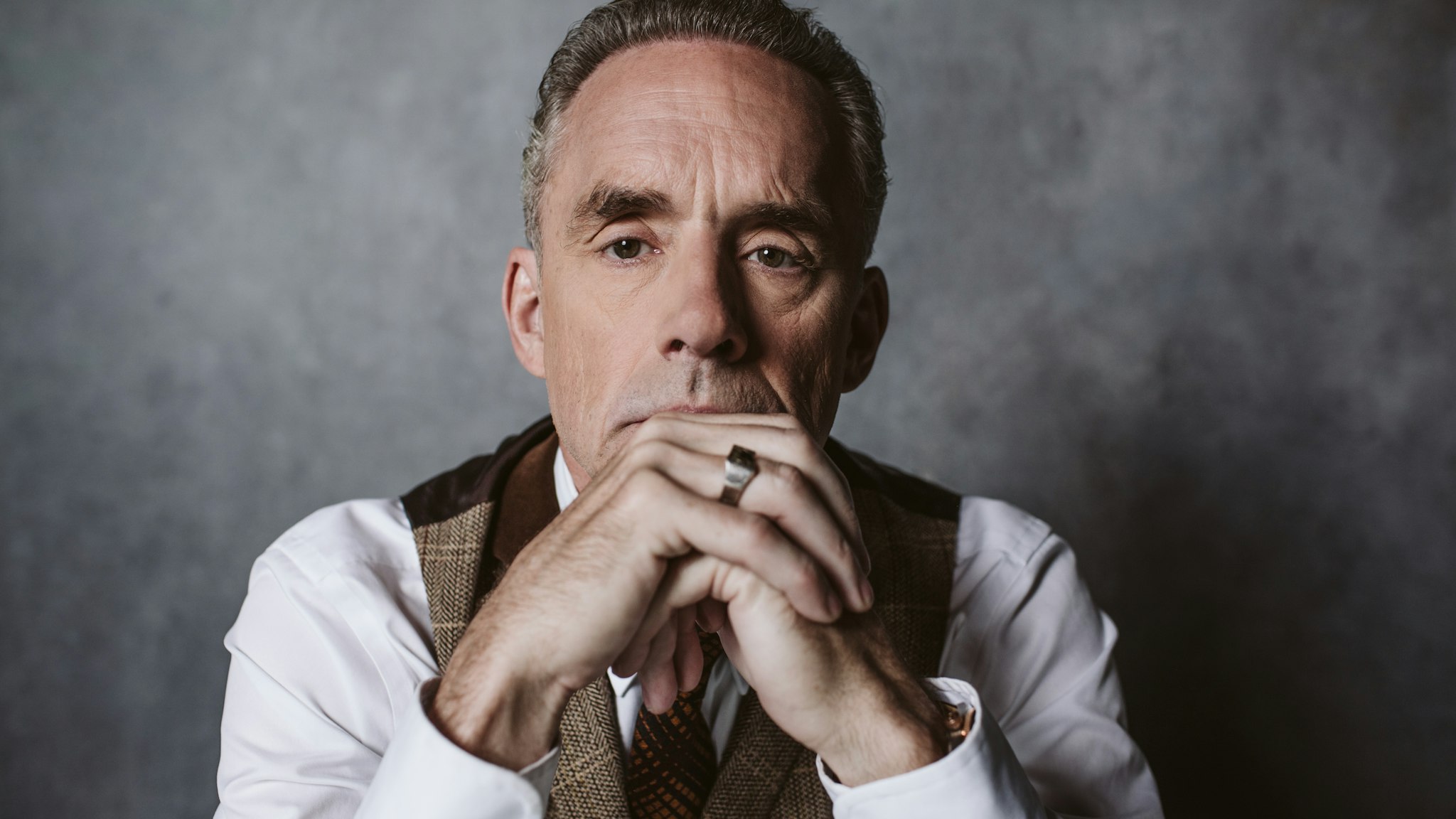The following is a transcript excerpt from one of Dr. Jordan B. Peterson’s personality lectures. In this segment, he explains how cultural identity and societal structures regulate emotions, the intermingling of the chaotic world and the chaotic self, and the arbitrary distinction between the psyche and the world. You can explore more in Dr. Peterson’s extensive catalog, available on DailyWire+.
Your culture is a set of value-laden presuppositions that you use to orient yourself in the world that match the set of value-laden presuppositions that everyone in your culture has and acts out. That means when you are among your own people, you believe some things implicitly. It is the way you look at the world. It is the way you act things out. Everyone expects you to act them out. They are happy about it, in fact.
There is a match between what you see and are doing and what other people expect. It is that match that regulates your emotions. It is not the belief system; it is the match. Part of the reason people are so tied to their cultural identity is because their cultural identity regulates their emotions — and in a profound way. It is no joke. Imagine that you have a domain of competence. There are many domains of competence, and in some of those domains, you are completely incompetent. (But that may not matter because you do not go into that domain.) So you have some area of specialization which you might think of as your sub-tribe.
Neurochemicals moderate mood, particularly our serotonin, though that is an oversimplification. As you become dominant in a hierarchy, your serotonin levels rise. That means happy things make you happier and sad things make you less sad. It tunes your nervous system, so if you are down at the bottom of the hierarchy and you are failing, hardly anything makes you happy and everything makes you nervous, and it is no wonder because it is not very good down there. So, the societal structure, which is an elaborated dominance hierarchy, regulates your emotions because of the match between your expectations and the behaviors of the people within that structure. Then your position within the hierarchy regulates the ratio and the intensity between positive and negative emotion. If you mess with people’s status, you do so at your peril, and if you disrupt their culture, they don’t like that — and no wonder because when it is disruptive, they fall into chaos.
Chaos is anxiety. Anxiety is bad enough, but it is not just anxiety because when you fall into chaos, things fall apart for you. Of course you are uncertain and anxious because you do not know what the hell is going on, you do not know where you are, and you do not know what to do. That is anxiety provoking. Maybe you cannot even understand your past properly. That happens when people get betrayed. So you fall into this state where nothing is certain. The way you construct the world is not certain, and even the way the world is becomes no longer certain because you do not know how to act or your actions are not working. So that world is presenting itself as something chaotic. It is not just psychological. The chaos is a weird intermingling of the chaotic world and the chaotic self.
WATCH: The Jordan B. Peterson Podcast on DailyWire+
The distinction between the psyche and the world in some sense is quite arbitrary. The psychoanalysts aired too much on the side of the subject; they tend to think that too much of you is inside of you and too little of you is outside of you. Part of the reason I believe that is because of my clinical experience. I love the psychoanalysts. They are brilliant. They are deep. They grapple with real problems. People have real problems, profound problems; they are really profound, moral problems. They are problems of good and evil. There are things going on in their family that are so terrible that they are sometimes fatal: lie upon lie upon lie for decades and decades. Awful. But that is not exactly inside them. It is out there in the world.
A very famous critic of psychology, Thomas Szasz, criticized the practice of psychology quite effectively in the early 1960s. He wrote “The Myth of Mental Illness,” in which he claimed that most people do not have psychological problems; rather, they have problems in living. It is a classic book. Despite my love for the psychoanalysts, as a therapist, I have very frequently experienced helping people figure out how to have a life that would work. You can parameterize that by asking: What do you need?
* * *
Dr. Jordan B. Peterson is a clinical psychologist and professor emeritus at the University of Toronto. From 1993 to 1998 he served as assistant and then associate professor of psychology at Harvard. He is the international bestselling author of “Maps of Meaning,” “12 Rules For Life,” and “Beyond Order.” You can now listen to or watch his popular lectures on DailyWire+.
Be sure to PRE-ORDER Dr. Peterson’s newest book: “We Who Wrestle with God” (Portfolio/Penguin. November 19, 2024.)

Continue reading this exclusive article and join the conversation, plus watch free videos on DW+
Already a member?


